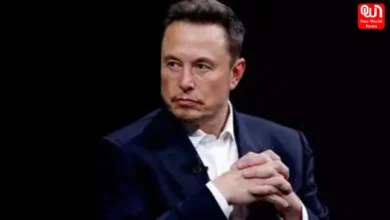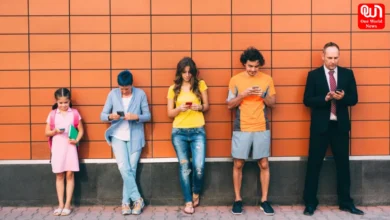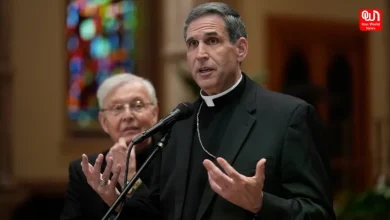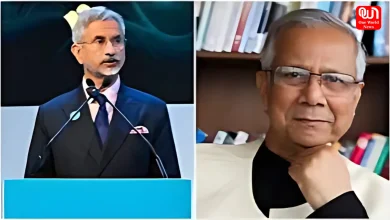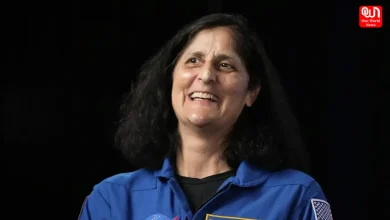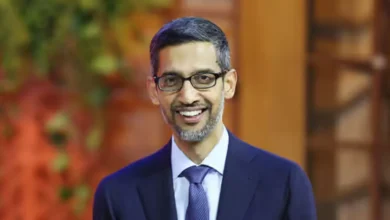Feminism and Masculism: How LGBTQI+ are still struggling for their gender identities?

The dawn of justice: How LGBTQI+ are still struggling for their gender identity
The year is 2021. You might be wondering, “what’s new?” Nothing much, to be precise. With novel, mutant strains of COVID-19 being detected, the Indian government expects a new wave of infections to sweep the country. Apart from that, even the struggles of the LGBTQ community in India have shown minimal progress.
One would expect that at least a global, seemingly apocalyptic pandemic would coerce Indians to look into the mirror and realize that we need to wake up and get moving. That there are more important milestones (such as improving the public health system, creating employment opportunities) to progress forward, over denying someone their fundamental human right to express themselves.
GENDER IDENTITY IN INDIA
Gender identity in Indian society, within the boundaries of family, educational institutions, workplace environments and public spaces of service and entertainment such as hospitals, movie theatres, bus stops and railway stations, is still perceived as problematic. We find it easier to theorize equality among diverse individuals, but when it comes to actual acceptance of their sexuality and freedom to openly express their gender choice, it continues to remain a struggle.
In Indian society, vulnerability and safe spaces with regards to gender and sexuality come in pairs. Normalcy is sought in the ability to define binaries. Binaries that are not equal and have to embody all the conforming characteristics that make them opposites. Mars and Venus, masculine and feminine, man and woman, boy and girl. In such a case, are we truly being inclusive of LGBTQ rights in India?
Read more: Why do Women Find Themselves Guilty of Prioritizing Work above Family? How Right is That?

STRUGGLES OF LGBTQ COMMUNITY IN INDIA
Through effective mobilization, there have been perseverant attempts to promote a powerful collective consciousness and raise awareness around LGBTQ rights in India. Yet, LGBTQ activism has predominantly encompassed urban LGBTQ voices across an array of virtual and real-world platforms. This exposes only a fraction of the diverse struggles of LGBTQ community in India. India’s insidious urban-rural divide has succeeded in claiming even the LGBTQ community as its victim.
Hidden in remote expanses, out of reach from areas of accessibility and far from pride parades, protests, and heated discussions on Twitter, families in rural India have resorted to their ways of dealing with LGBTQ rights in India– secret honor killing and corrective rape. Even for a minute, if we give in to India’s hierarchy of social status in India, the queer community in rural India occupies the last possible rung, an unbecoming place for any individual.
The lives of Indian indigenous and minority communities are already characterized by poverty, invisibility, isolation, segregation, injustice and violence. Each of these has emerged and continually been reinforced to exercise self-proclaimed control. Imagine the difficulties encountered by an LGBTQ minority, who are already marginalized and have limited access to formal justice and other forms of protection. Each of the characteristics mentioned above is typically magnified, putting them at the receiving end of double discrimination.
The struggles of LGBTQ community in India, especially those belonging to a minority or indigenous community, are inimitable. Apart from finding themselves in opposition to society’s wider prejudices created by dominant and powerful structural institutions, they also face layered predispositions imposed within their communities. As a result, they often find both their identities coming into conflict. Therefore, in a bid to be accepted by either community, many individuals are antagonized by the painful decision to choose between them because it’s too challenging to live in a gender dichotomous society otherwise.

THE ROAD NOT TRAVELLED
The queer community still does not fully enjoy their fundamental rights, both in everyday life and at the level of legal guarantees. For instance, in 2014, the Right of Transgender Persons Bill 2014 victoriously ruled that Indians have the right to choose their gender. It even recognized transgender as a third, separate identity. However, the passing of the Transgender Persons (Protection of Rights) Bill in 2019 was met with severe outrage, claiming that it would undo all the community’s progress.
The Transgender Persons (Protection of Rights) Bill gives the trans community the right to self-perceived identity. Still, if they wish to be officially recognized in the case of government registration, they must submit proof of gender confirmation surgery. It also fails to outline basic civil rights marriage, adoption, social security benefits and quotas in public education and jobs to insure them against instances of systematic exclusion. The lack of opportunities has driven an entire community to pursue sex work as a forced alternative for survival.
Additionally, according to the Bill, abuse against a trans individual is punishable with jail term of only six months to two years. But abuse against a heteronormative individual (cisgender) is met with life imprisonment and even the death penalty. The lesser punishment against the queer community reiterates the idea that their lives are dispensable and of lesser value.
LENS OF NORMALCY
Undeniably, there has been a definite legislative improvement in society’s acceptance towards embracing homosexuality and embracing the entire spectrum of queer identities. September 2018 even marked India’s historical reversal of colonial imposed Section 377. The landmark judgment was met with overwhelming relief as an informed step towards acceptance and equal LGBTQ rights in India. But have we genuinely acknowledged the implications of such a legislative improvement and progressed positively, as a society, to eliminate the struggles of the LGBTQ community in India? Or was it just meaningless writing on paper?
Have a news story, an interesting write-up or simply a suggestion? Write to us at info@oneworldnews.com

